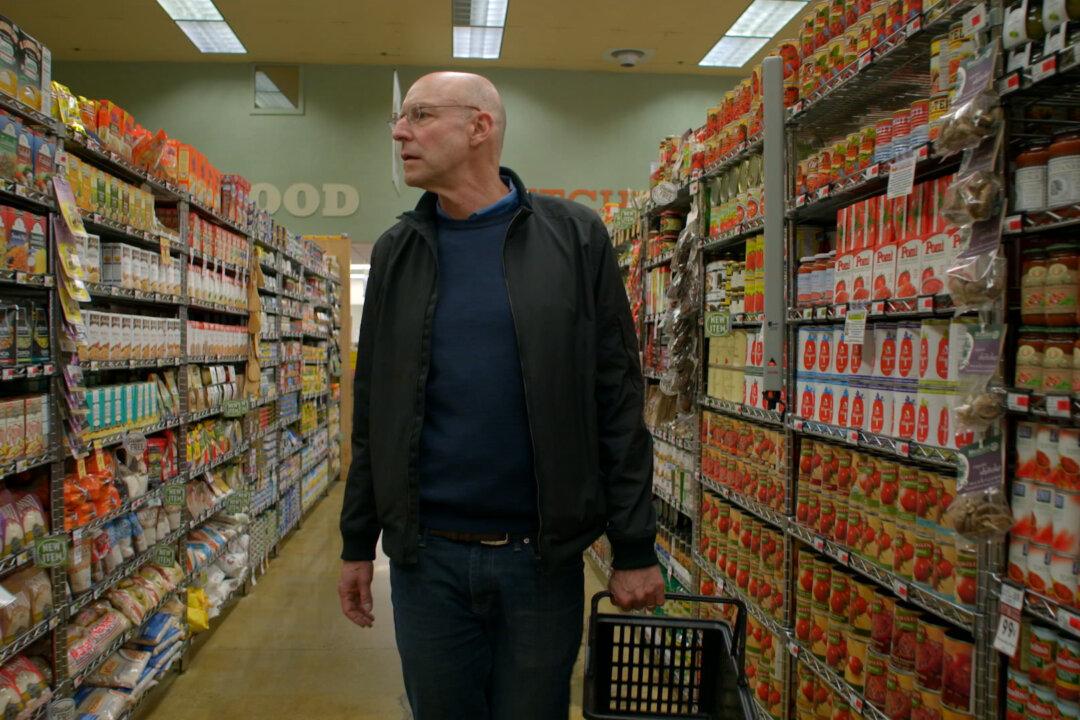Those who know anything about Michael Pollan know that the esteemed UC Berkeley Graduate School of Journalism professor has dedicated a good part of his life to the exploration of food and culture in America. Every time he publishes a new book, his obsessions become our obsessions.
His influence is substantial. About his first best-selling book (he’s had four on the New York Times Best Seller list), “The Omnivore’s Dilemma: A Natural History of Four Meals,” published in 2006, a Guardian editorial waxed, “Not since Rachel Carson’s ‘The Silent Spring’ has a writer joined up agriculture, food, and health in this compelling way.”

Michael Pollan compares the sugar content of soda with that of yogurt. Robert Barcelona






